Maintaining soil health in the fall is crucial for ensuring a productive garden in the coming spring. Proper soil management during this season can improve soil structure, enhance fertility, and prevent erosion. Here are some essential tips to keep your soil healthy as you prepare your garden for winter.
Clear Debris and Weeds
Start by clearing your garden of any debris and weeds. Dead plants and weeds can harbor pests and diseases that can affect your soil health.
- Remove Plant Debris: Clear away any dead or diseased plant material. Compost healthy plant debris to add organic matter back into the soil.
- Weed Control: Remove weeds to prevent them from setting seeds and competing with your plants for nutrients.
Soil Testing and Amendments
Fall is an ideal time to test your soil and make necessary amendments to improve its health.
- Soil Testing: Conduct a soil test to determine the pH and nutrient levels of your soil. This will help you understand what amendments are needed.
- Add Lime or Sulfur: Based on your soil test results, add lime to raise the pH or sulfur to lower it. This ensures that your soil pH is within the optimal range for plant growth.
- Incorporate Organic Matter: Add compost, well-rotted manure, or other organic matter to improve soil structure and fertility.
Mulching
Applying mulch in the fall can protect your soil from erosion, retain moisture, and add nutrients as it decomposes.
- Organic Mulch: Use organic mulches like straw, wood chips, or leaves. Spread a thick layer over your garden beds to protect the soil.
- Benefits of Mulching: Mulching helps to regulate soil temperature, suppress weeds, and enhance soil microbial activity.
Planting Cover Crops
Cover crops are an excellent way to maintain soil health during the fall and winter months.
- Choose Appropriate Cover Crops: Select cover crops like clover, rye, or winter peas. These plants protect the soil from erosion and add organic matter when they decompose.
- Benefits of Cover Crops: Cover crops improve soil structure, enhance nutrient cycling, and increase soil organic matter. They also provide habitat for beneficial insects.
Avoid Compaction
Soil compaction can reduce water infiltration, limit root growth, and decrease soil aeration. Take steps to avoid compaction in your garden.
- Limit Foot Traffic: Avoid walking on garden beds, especially when the soil is wet. Use designated paths to minimize soil disturbance.
- Aerate the Soil: If your soil is already compacted, use a garden fork or aerator to create holes and improve soil aeration.
Composting
Composting is a vital practice for maintaining soil health. It recycles organic waste into valuable soil amendments.
- Compost Fall Leaves: Collect and compost fallen leaves. They break down into rich, nutrient-dense compost that can be added to your garden beds.
- Maintain a Compost Pile: Regularly turn your compost pile to ensure proper aeration and decomposition. Add kitchen scraps, garden waste, and other organic materials.
Fertilizing
Fall fertilization can replenish soil nutrients that have been depleted during the growing season.
- Organic Fertilizers: Use organic fertilizers such as bone meal, blood meal, or fish emulsion. These slow-release fertilizers provide nutrients over time.
- Apply Fertilizers Sparingly: Avoid over-fertilizing, as this can lead to nutrient runoff and soil imbalances. Follow recommended application rates.



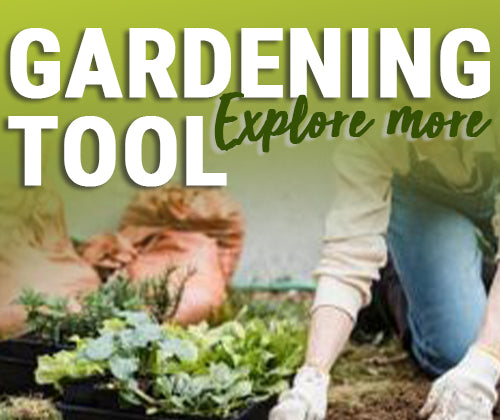



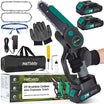


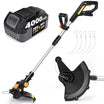






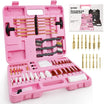
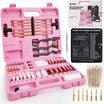
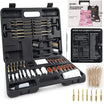
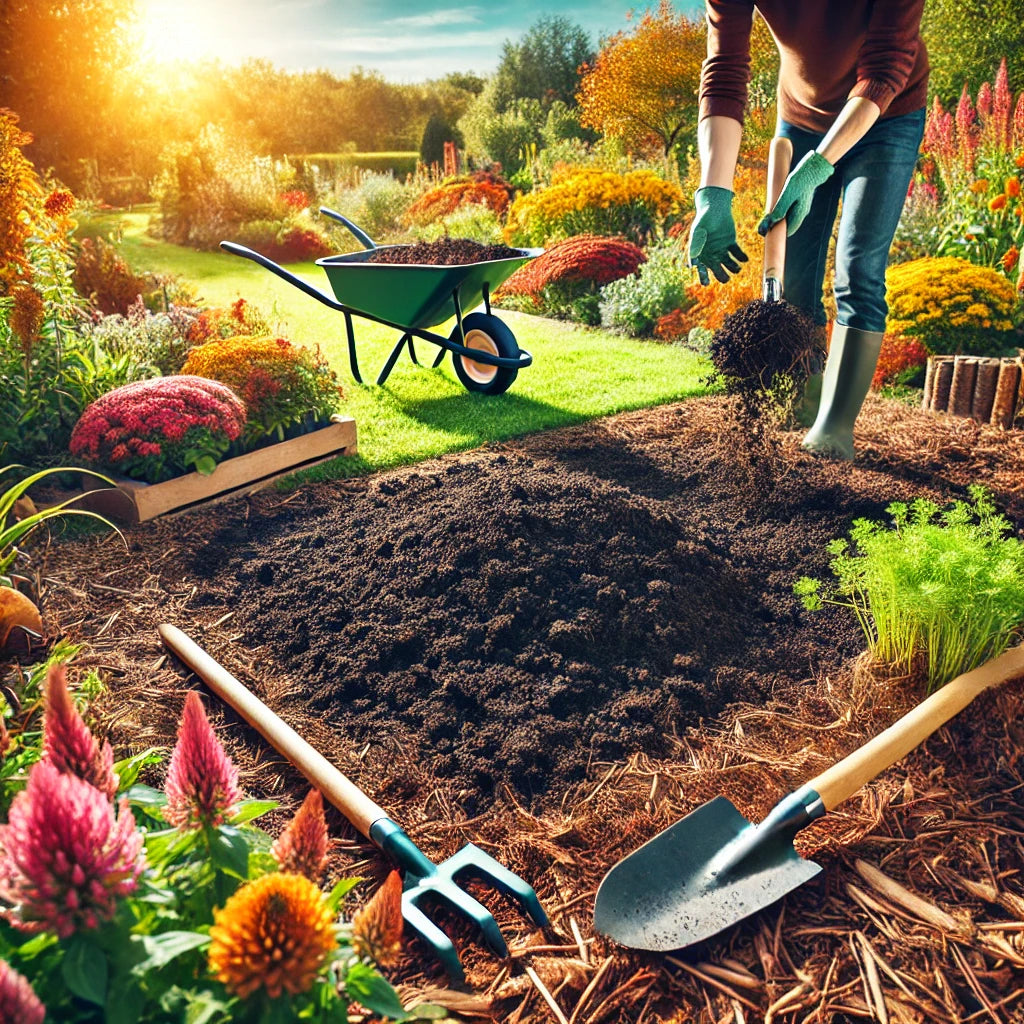
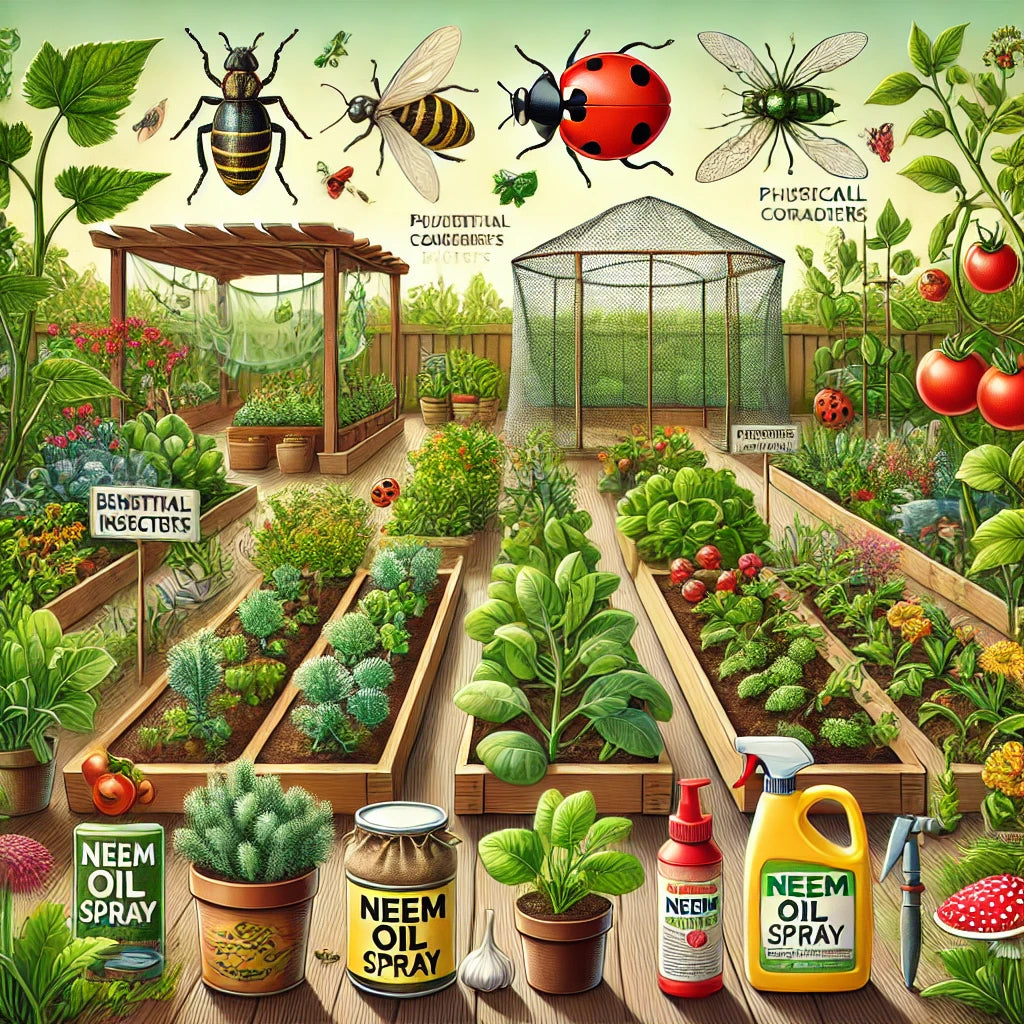
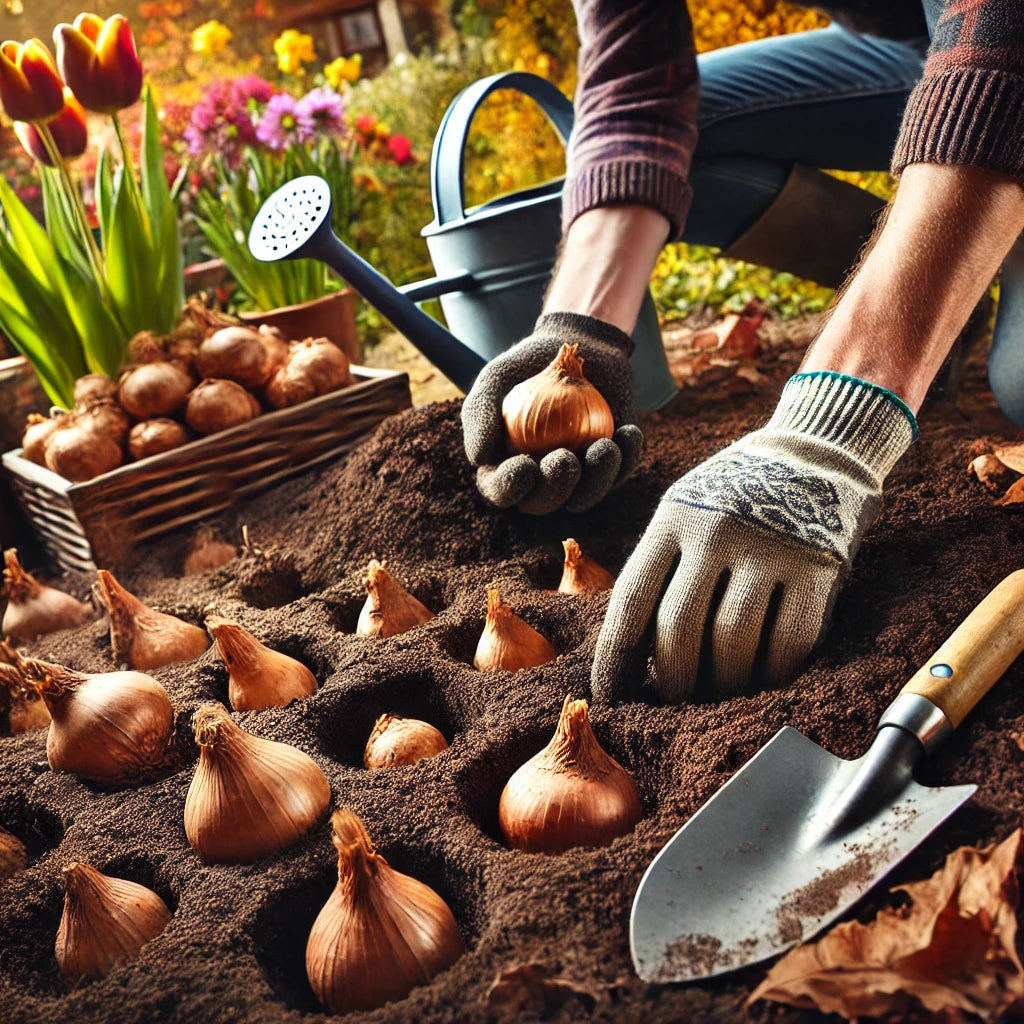
Leave a comment
All comments are moderated before being published.
This site is protected by hCaptcha and the hCaptcha Privacy Policy and Terms of Service apply.